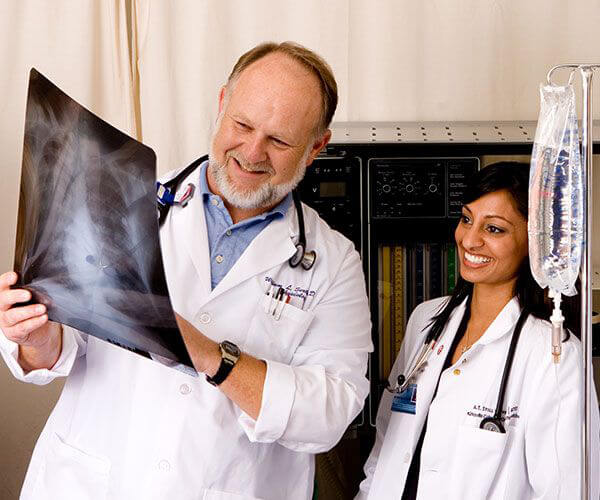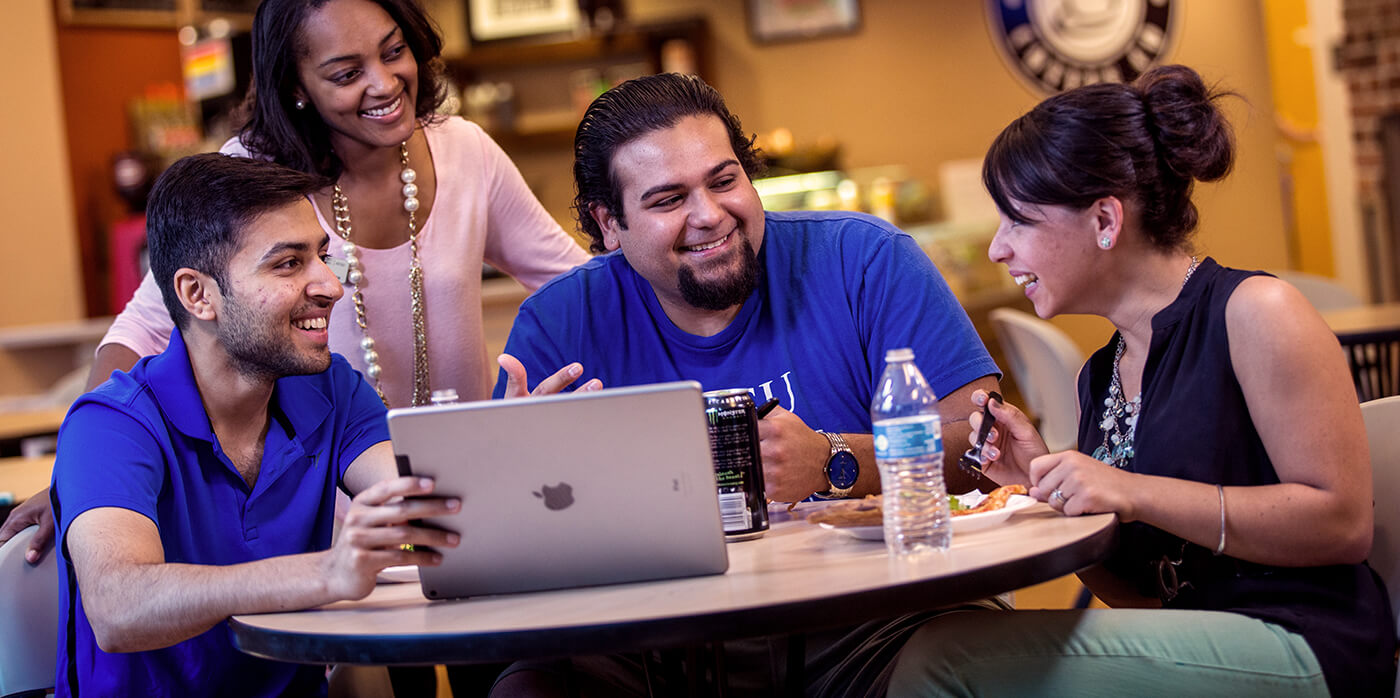Educational Philosophy
A students are engaged learners in the science of medicine. This is accomplished by teaching students to ask probing questions from patients and listen enough to make informed decisions based on all available evidence. Moreover, Central Coast Physician Assistant Program (CCPAP) students will build the knowledge, skills, and understandings of how the social world impacts human health and well-being.
CCPAP students will learn in a technology-rich environment, in small groups through facilitated discussion and case-based problem-solving, simulations, videos, field trips, and demonstrations. CCPAP students will also engage in independent research guided by faculty members regarding how social factors affect physical, mental and emotional health. These experiences lay the foundation for what we call “critical medical studies,” an interdisciplinary examination of the nexus between society and human well-being. CCPAP students will gain a critical understanding between the biomedical sciences and social sciences in the development of disease and illness. In other words, CCPAP integrates a whole person approach to educating students.
CCPAP educates students through daily routines to include movement and breathing exercises. We aim to produce a practitioner who is not only proficient in healthcare, but also one who provides compassionate care in the treatment of the whole person. CCPAP students will learn to be calm, self-reflective, insightful and aware of professional roles, limitations, needs, styles and values of patients in a team approach. We believe in training a healer with attention, awareness, compassion and empathy. We follow the philosophy of A.T. Still—founder of A.T. Still University—to treat the whole person.

